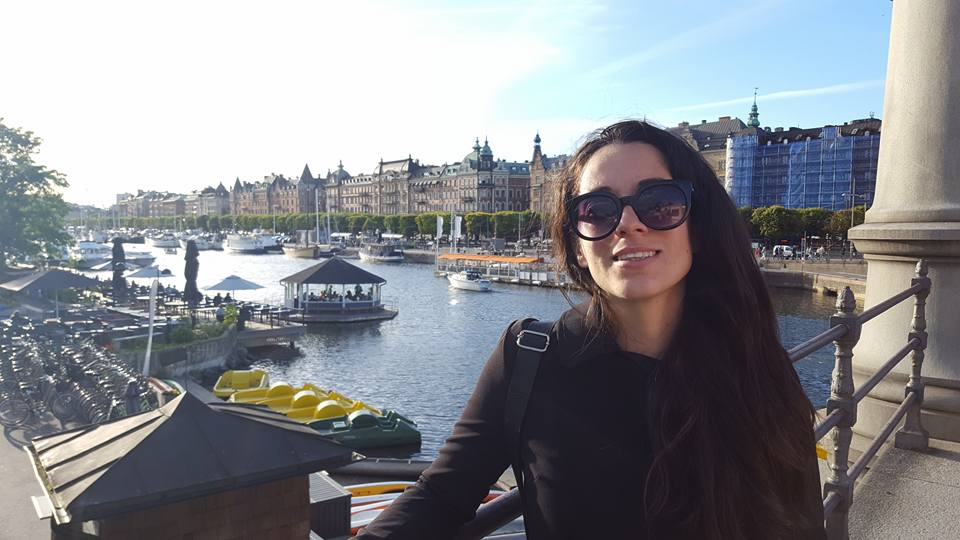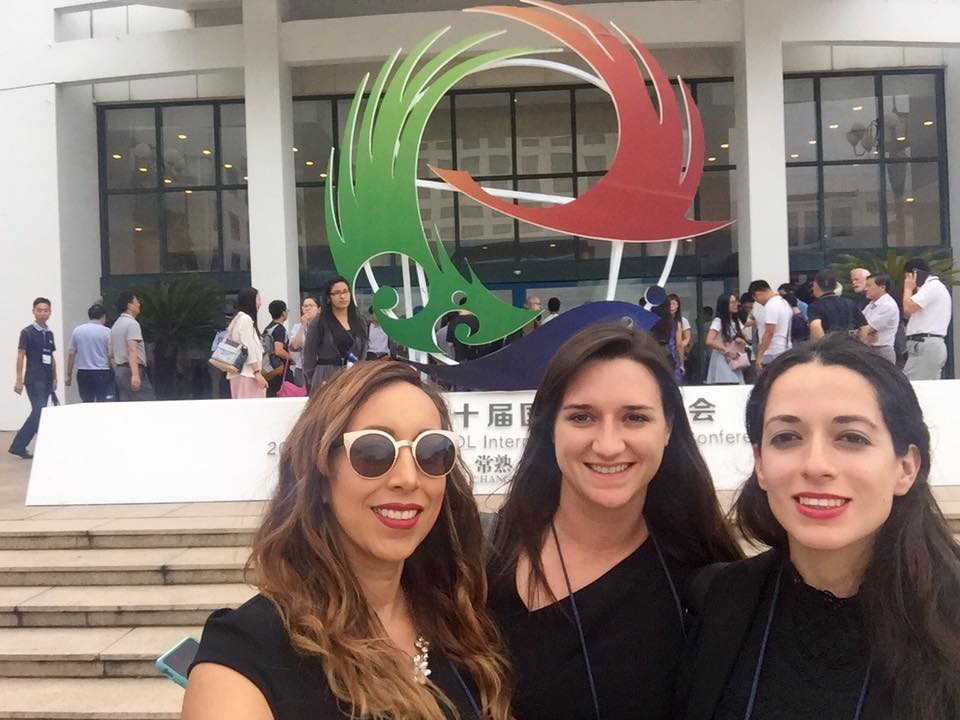Lessons: Connecting Communities to Science as a Knauss Fellow
 My motivation to pursue opportunities that integrated science and policy stemmed from my research on mangrove forest in B.C.S., Mexico. I worked in a small town where the livelihood of the community depended on coastal resources. During my time in this small town, I observed the way environmental issues manifested themselves and saw, first hand, the difficult and conflicting choices communities faced to sustain their livelihood. After noting a pattern of heightened trace gas emissions with larger nutrient concentrations in my own research, I wondered about the land-use and nutrient management implications and the broader impact of my work. This experienced primed my interest for understanding the role science can play in guiding policy, the resources that are available to strengthen management in small coastal towns, and was a motivating step in applying for the Knauss fellowship. The invaluable opportunities that the Knauss fellowship has given me is the opportunity to refine my professional skillset, to feel personally connected to the impact environmental issues have on people’s lives and the privilege to be an active participant in national efforts set on forging solutions.
My motivation to pursue opportunities that integrated science and policy stemmed from my research on mangrove forest in B.C.S., Mexico. I worked in a small town where the livelihood of the community depended on coastal resources. During my time in this small town, I observed the way environmental issues manifested themselves and saw, first hand, the difficult and conflicting choices communities faced to sustain their livelihood. After noting a pattern of heightened trace gas emissions with larger nutrient concentrations in my own research, I wondered about the land-use and nutrient management implications and the broader impact of my work. This experienced primed my interest for understanding the role science can play in guiding policy, the resources that are available to strengthen management in small coastal towns, and was a motivating step in applying for the Knauss fellowship. The invaluable opportunities that the Knauss fellowship has given me is the opportunity to refine my professional skillset, to feel personally connected to the impact environmental issues have on people’s lives and the privilege to be an active participant in national efforts set on forging solutions.
One of the most transformational experiences of my fellowship has been the opportunity to interact with stakeholders and to hear their personal stories, as they struggle to find the information and resources they need to address environmental concerns. My work as a fellow often focused on connecting communities to resources, a process guided by community interaction and an enhanced understanding of the obstacles communities were facing in accessing information. Through this process, I learned about the importance of finding compelling anecdotes to communicate the role and need for science. I fully grasped the need to provide information to non-experts in user-friendly formats and refined my understanding of the frameworks that are useful in supporting community needs. I became effective in identifying resource gaps in current federal programs and the need to enhance our current understanding of natural resource issues. I had the opportunity to supplement my understanding of research and policy needs through staff briefings related to water resources, coastal planning, habitat protection, and hazard mitigation. My scientific understanding, coupled with my knowledge of the day-to-day challenges communities face, allowed me to approach solutions from a practical perspective.
As part of my professional development, I attended conferences in China and Stockholm focused on water resources and wetland systems. I listened to environmental professionals grapple with questions and obstacles similar to those I had struggled with in my own research and work. International researchers presented their work and shared the lessons they learned from various pilot programs they had implemented. I absorbed the lessons and approaches of other practitioners. In workshops and forums, I listened to private sector entities, researchers, and non-profits share ideas for enhancing collaboration on difficult environmental problems.


In Changshu, China, the INTECOL conference organizers dedicated a field day to visit the wetland projects of that region. The trip highlighted China’s environmental efforts, aimed at restoring and creating wetlands as a means to enhance green spaces. We visited towns where planning focused on integrating wetlands and agricultural land into community land use planning. I toured treatment wetlands that piloted the application of process found naturally in wetland systems for the treatment of wastewater.
One of the most important skills one learns to fine tune as a scientist is the ability to connect one’s research to the bigger picture and to frame one’s work as “the missing piece of the puzzle.” However, sometimes in the isolation of the study, the well-rooted understanding of how that information gap affects the everyday lives of citizens can be lost in the data points. Thanks to my experiences as a Knauss fellow, I now have a richer understanding of the role and need for science in strengthening national approaches to environmental issues. I am confident that wherever my future efforts lie, the Knauss fellowship program has given me the tools to engage in impactful and meaningful work that makes a difference in addressing environmental concerns.